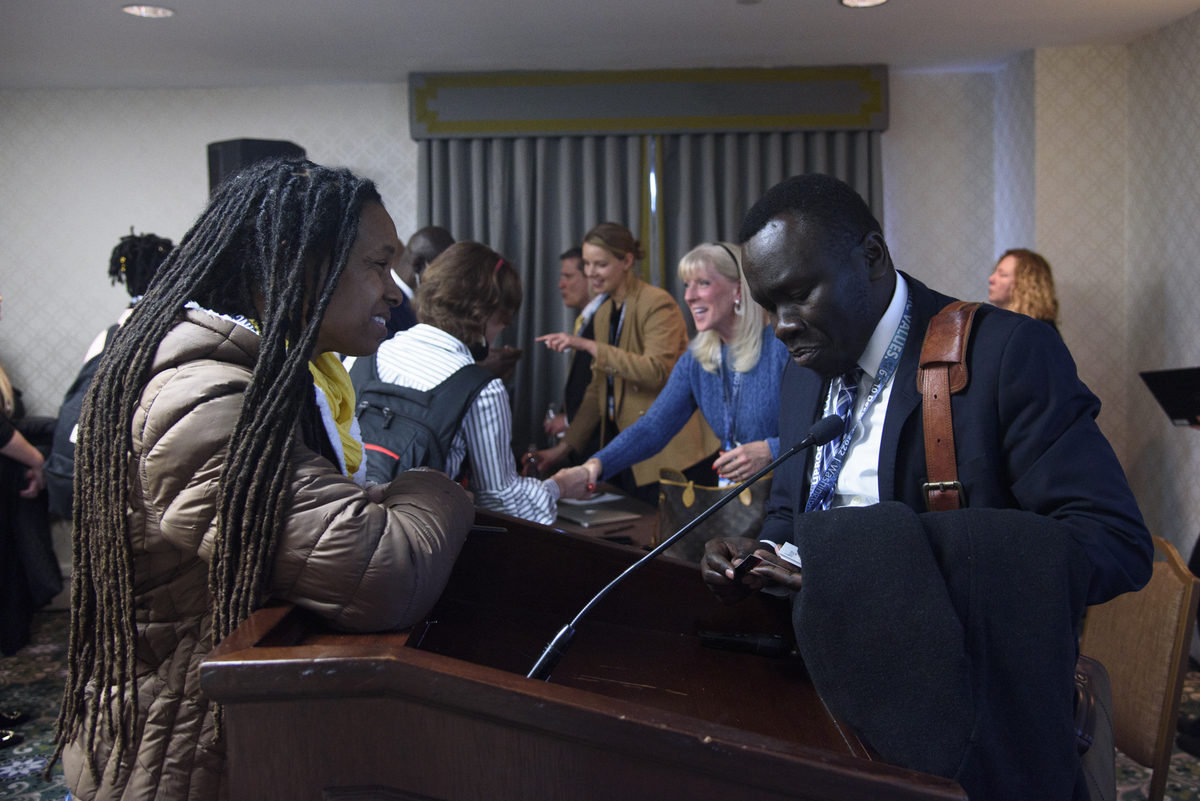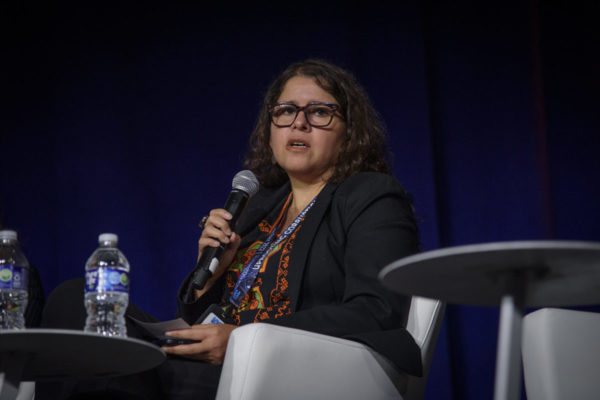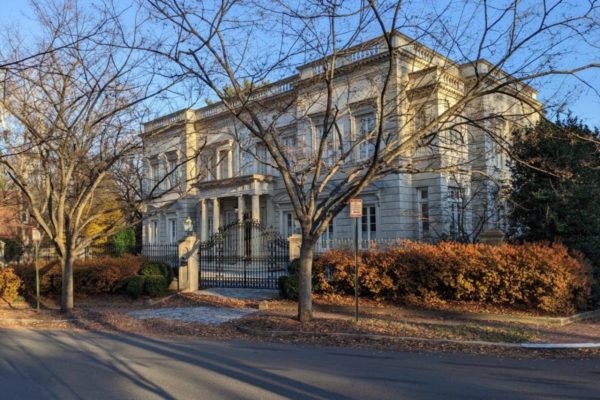The US sends a message about the need to counter corrupt leaders – wherever they may be.
Part of the kleptocrat’s unwritten playbook is the use of violence to keep themselves in office – leaders who leverage their political power to steal national resources must often resort to suppressing freedoms and abusing basic human rights in order to perpetuate their rule. But the first step in a kleptocrat’s crackdown is often silencing journalists and the 2021 coup in Myanmar is only the most recent example of a wholesale crackdown on the free press.
“The civil society and the media sector in [Myanmar] have been decimated,” said Anrike Visser, a Senior Adviser for the Sentry, an investigative and policy team that follows and reports on dirty money.
“The main critical independent media were restricted after the coup,” Visser added. “You cannot access their website inside Myanmar. Many were forced to return their media licenses; they were not allowed to operate anymore. One hundred and fifty journalists have been arrested, two died while encarcerated and there is rape in prison of men and women.”
Similarly, the central African nation of South Sudan gained independence in 2011 but barely two years later, it has experienced compounding ethnic violence and revenge killings according to Debra LaPrevotte, a retired official of the Federal Bureau of Investigation (FBI). In November, a United Nations report accused the government of overseeing systemic rape.
“South Sudan is considered to be a nation under the siege of a violent kleptocracy,” LaPrevotte said. “You have state capture, and a country in civil war. The military and police are used not to protect the civilian population, but used to maintain control of state coffers for the kleptocrats.”
Indeed, an investigation by the Sentry showed a nexus between the gang rape of women and the location of resources in the country. Explaining the finding of this report, LaPrevotte said there is “a direct correlation between the increase in rape and gang rape as a tool of war in areas where the military was protecting oil fields, mining operations, and other resource-rich areas.”
The rape, torture, attacks on peaceful activists, and extrajudicial killings that continue the kleptocrats’ crackdown took center stage as the U.S. Government outlined its first-ever strategy on countering global corruption during the International Anti-Corruption Conference (IACC) in Washington, DC.
“At the core of this new approach is our Transforming the Fight Against Corruption Initiative, which refocuses our efforts to address corruption that occurs at the highest levels of government, spills across borders, and is the very foundation of kleptocracy,” said Samantha Power, USAID Administrator. “This initiative is designed to block corrupt actors from siphoning off their nation’s wealth and help shield our partner countries from corrupt internal and foreign influence.”
In the interim, violent acts are still used by corrupt officials around the world to control the populace and shield kleptocrats from accountability.
Brian Adeba, also a staffer of the Sentry, said targeted sanctions still remain a complementary mechanism that international organisations can use in inducing a change in countries like South Sudan and Myanmar. The way to address this, Adeba says, is to target the root cause.
“Corruption is important to the existence of kleptocracy, so if it is corruption, what is available in the policy toolkits to address corruption,” he asked. “When you have identified the wrongdoing – money laundering activities, human rights abuses – you can pair it with an existing policy tool to address it.”
As one of the top destinations for the illicit funds stolen by kleptocrats, strong action by the U.S. in collaboration with other nations across jurisdictions can have a strong effect on kleptocrats. Taken together, special economic measures alongside sanctions are important instruments in the policy toolkits to counter kleptocracy.


